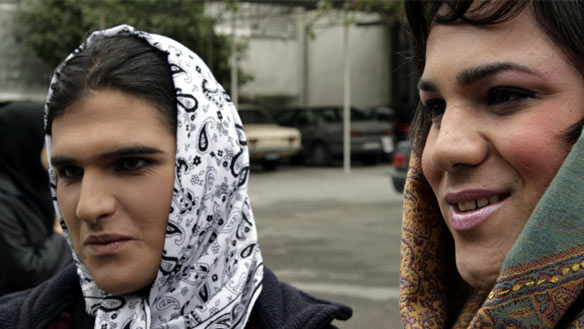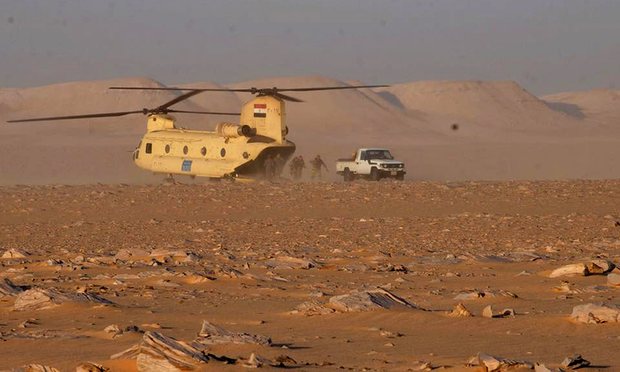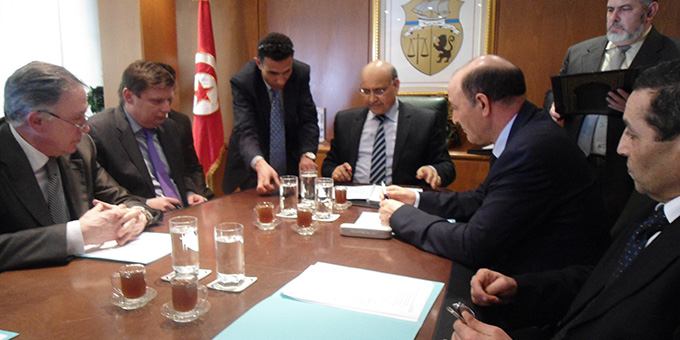The one persistent feature of Iranian foreign policy since the toppling of the Shah in 1979 was its rather grandiose optimism about its own ascendance to a hegemonic role in the Middle East. The ayatollah’s Islamic Republic never considered the revolution it had kidnapped to turn inward.

Instead, the leaders of the Islamic Republic of Iran were convinced that ‘its’ revolution would spread to the region sooner rather than later and they hence considered themselves the vanguard of their very own version of an Arab Spring. When the real Arab Spring eventually unfolded in Tunisia in December 2010 – more than thirty years after the ayatollahs took control of Iran – state-run newspapers portrayed it as a triumph, not a challenge.
And, even for too many in the West, it seemed like Tehran was the power to gain most from the Arab Spring, if it had not already scored a major triumph by a regime change in neighbouring Iraq. When the Arab Spring began to force numerous regimes out of office or put them under severe stress, Tehran anticipated that Western influence in the region was about to decline. Ben Ali’s ouster in Tunisia removed a Western ally, as did the toppling of Hosni Mubarak in Egypt. The removal of Muammar Gaddafi in Libya demonstrated that even if a madman would bring his rogue state in from the cold, he would not be safe from a forcible regime change at the hands of Western militaries.
When the new Egyptian president failed to condemn the violent outbursts over the Mohammed-video, it was becoming increasingly clear that Egypt would no longer be the major regional ally the United States had considered it to be for more than three decades. Tehran tried to build on these changes: The Egyptian president attended the Non-Aligned Movement’s summit in Tehran in August this year, marking the first time an Egyptian president paid a visit to Iran since the revolution of 1979. And while Iran tries to further diplomatic and economic ties with Cairo, it has also used the recalibration in Egypt’s foreign policy to send warships into the Mediterranean through the Suez Canal for the first time in more than three decades.
Still, this marked a major departure from the past. Shortly after the Camp David Accords, the Iranian revolution catapulted the two countries onto two very different trajectories. With Egypt turning into a major Western ally, Tehran became outright hostile, regarding the Camp David Accords as nothing less than treason. When Anwar el-Sadat was assassinated in October 1981, the Iranian regime paid tribute to the assassins by naming a street in Tehran after the ringleader of the plot. The countries terminated their bilateral relations right after that and they have yet to be restored.
The possible improvement in bilateral relations between the two states is being met with some reservation, not only in the West and Israel, but the Arab world as a whole. After all, the major conflict line in the Middle East now separates Iran from its Arab neighbours. Yet, Iran’s regime had another reason to embrace the uncertainty that came with the Arab Spring. For one thing, the upheaval in North Africa required attention, resources and commitment from the West. And, by that alone, the pressure on Iran to come clean on its nuclear programme significantly decreased. For another, the rise of the Muslim Brotherhood in Egypt provided an opening for Iran to enhance its regional clout, or so it seemed. Iran’s regime, after all, considers itself a regional hegemon and aspirant to greater things.
But what the Iranian regime fails to comprehend is that upending the old order in itself does not by necessity enhance Tehran’s influence. And, it is Iran that often looks a little desperate for improved relations. President Morsi only stopped by in Tehran after a visit to China and then used the opportunity to scold Tehran’s closest regional ally, Syria. His first trip abroad brought him to Riyadh, one of Tehran’s foremost regional antagonists. President Morsi has carefully avoided the impression that his country is moving into Iran’s direction and instead plotted a rather pragmatic course, reaching out to the Gulf countries whilst making sure that there will not be an outright split between Egypt and the West. In a nutshell, he has made sure not be boxed into a corner by the Iranian regime. In fact, it is one of the larger mysteries of current regional re-arrangements, why Iran would consider itself a winning party. A foreign policy as sophisticated as ‘the potential enemy of my enemy might potentially be a friend’ is so rigidly free of any imagination that it is almost hard to believe that the Iranian regime could cling on to power for more than three decades. Then again, it is also the country whose president informed a Columbia University audience that there were no homosexuals in Iran.
In fact, Tehran might well end up being the biggest loser in the regional geopolitical re-making. Consider this for a moment, if you will. Before the war in Iraq began in 2003, Tehran could reasonably be considered the freest and most liberal city in the broader Middle East. The contrast could not possibly be stronger today: while in its infancy, democracy is finally spreading. Fresh newspapers celebrate the freedom of the press across the region and freedom of expression is now being exercised in more and more parts of the Middle East. In comparison to this long overdue progress, the situation in Tehran is looking increasingly bleak. And, while Iran might still consider what benefits to reap from the Arab Spring, the alternative to the Iranian system is now being formulated right across its borders.


